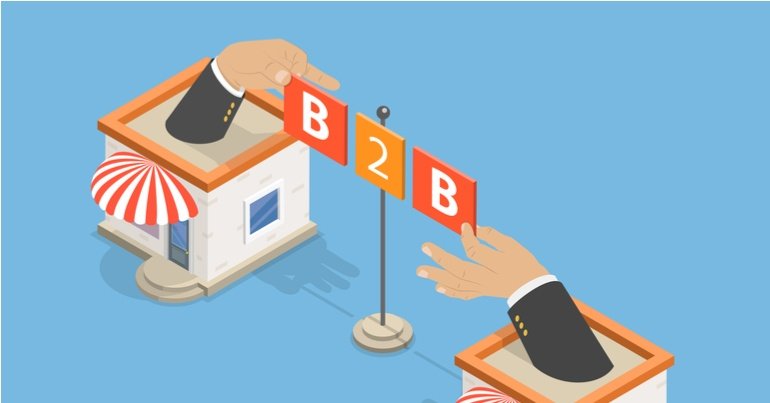The idea of a business is simple in theory. Serve customers and provide value at a profit and you’re in. That’s about correct but customers don’t mean the same thing to every business. One way of differentiating customers is their type. Business to business (B2B) businesses serve customers that are also businesses, which is very different from the business to customer (B2C) market. Some businesses deal with B2B and B2cC markets. For those who find B2B markets as unfamiliar territory here are some selected tips for dealing with the B2B market.
Relationships matter
Just because you are dealing with businesses it doesn’t mean relationships are not important. In fact, in B2B markets I have found that relationships matter more. Firstly businesses are run by people and relationships with these people make a difference. Secondly, businesses tend to cherish stability. If they find a good partner or supplier they would rather maintain the relationship going forward. What this means is your client relationship management game has to be top-notch.
Diplomacy
There is no nice way to say this; the people in positions of authority in these businesses tend to have rather inflated egos. With extensive experience in accounts receivable in a b2B organisation, I have observed this time and again. When dealing with these people you will need to learn to be diplomatic. Diplomacy is encouraged in all business dealings with all types of customers but you will find you need a higher level of diplomacy in B2B markets.
Storytelling (case studies and testimonials)
We advocate for storytelling in business a lot on this platform. People relate to and understand stories much better than when they are bombarded with facts and features. A particular type of storytelling that works in B2B markets is the case study. This involves a detailed explanation of the improvement or services your business was able to provide to a specific business. This hits home because it shows rather than tells.
Product expert
Earlier I mentioned that people in positions of authority in businesses tend to have inflated egos. It’s not entirely unwarranted as these people have climbed ladders in their respective careers. When dealing with them you will do yourself a favour to become somewhat of a product expert. This doesn’t mean just knowing your products but rather the wider market. You will need to be quick on your feet and remember to always present from the customer perspective, not yours. What I mean by this is instead of saying “we can have the item set up in 5 days” you should rather say “you’ll be operating in 5 days”. The example is small and lacks context but I hope you understand what I’m saying.
Low invoicing but big invoices
This will depend on the product and market but you will find that B2B markets involve low invoicing frequency but those invoices tend to be big. I worked for an organisation that took on average 3 months to close a deal. For many salespeople, this was quite daunting. However, the invoices averaged around US$30000 per client which is nothing to sneeze at. It pays big to pace yourself in these markets and always keep the big picture in mind. Organisations will always move slowly either due to red tape, process or both. Sometimes there is no difference between the two. So you may find working in B2B markets quite challenging because of the low frequency of customer interactions and long sales process but the invoice sizes make up for this.
Follow up
I mentioned earlier that relationships matter a lot in B2B markets. B2B selling largely relationship selling. One thing you must learn to do is follow up on clients. The moments after the sale is made and concluded are the moments you will learn the most about your clients and what matters to them. Develop a culture of checking in on your clients to find out how they are working with your product. Remember diplomacy? Do not just pop in to check on them, these are very busy people, you would want to make an appointment for this in advance. It is best done in the selling process but you can still set it up after. This is one of the important steps to generating continuous business.
There are other differences between the B2B and B2C markets, but the ones I have highlighted here are the most important ones to get your head around.








